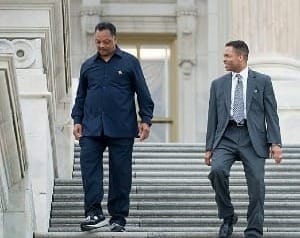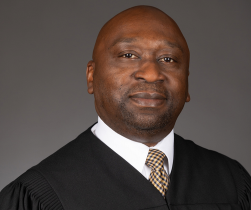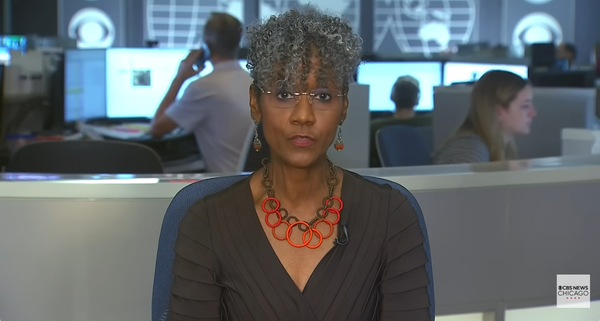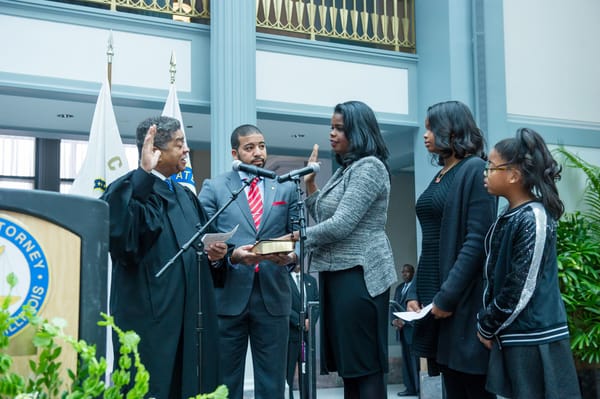Chicago's history of police torture inspires adaptation of The Pillowman
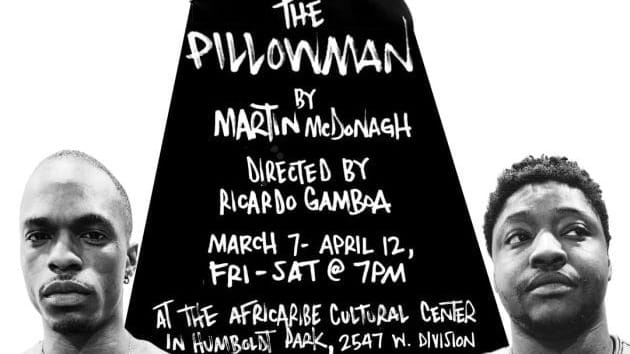
Chicago theatre houses have been home to The Pillowman, a dark comedy by British playwright Martin McDonagh that tells the fictional story of a chilling interrogation of two brothers accused of committing several recent child murders since it was first produced in the U.S. two decades ago.
But this spring the play is getting a reboot.
Inspired by a conversation he had two years ago with two men who had been exonerated of crimes they confessed to after being tortured by Chicago police detectives, Chicago activist and artist Ricardo Gamboa is remaking the play to draw attention to the city's real-life history of police torture.
"We were interviewing Sean Tyler and Reginald Henderson, who were brothers who had been tortured into confession during the nineties and spent twenty years in prison for a crime that they didn't commit," Gamboa said in an Instagram post describing that interview, which was part of THE HOODOISIE, a podcast Gamboa produces at the intersection of culture and politics in Chicago.
"Hearing that story of these two brothers that had been tortured by police as part of this kind of long history of anti-Black police violence really made me think about this play."
The original screenplay tells the story of Katurian, a writer who has published short stories that depict violence against children. Two police detectives in a totalitarian government interrogate him for a series of child murders. The police pick up Katurian's older brother, who confesses to the murders and implicates Katurian.
The original screenplay includes elements of many real-life interrogations of hundreds of Black teens. From 1972 through 1991, at the command of former Chicago Police Commander Jon Burge, police subjected more than 125 Black and Latine people to electric shock, mock executions, suffocation and beatings to elicit false confessions and wrongful convictions.
In May 2015, the city of Chicago passed an historic reparations ordinance that provided financial compensation for 55 survivors, mandated public schools teach a lesson on Chicago's history of police torture and established the Chicago Torture Justice Center. In 2023 the city approved funding for a memorial to honor torture survivors.
"I wanted to bring attention and mark this ten-year anniversary of the reparations ordinance, which was historic legislation that was passed to provide redress for victims of police torture," Gamboa said.
In the adaptation, Gamboa questioned the progress that the country and the city have made.
"We had just spent the past decade seeing the country reckon with its history of anti-Blackness and racialised state violence, particularly from police and prisons. Suddenly, they seemed to have dropped that conversation," Gamboa said.
Omar Ferrell and Tyran Freeman both of 61st Street play the brothers.
Performances are set for Friday and Saturday nights through April 12, 2025, at the AfriCaribe Cultural Center in Humboldt Park.
